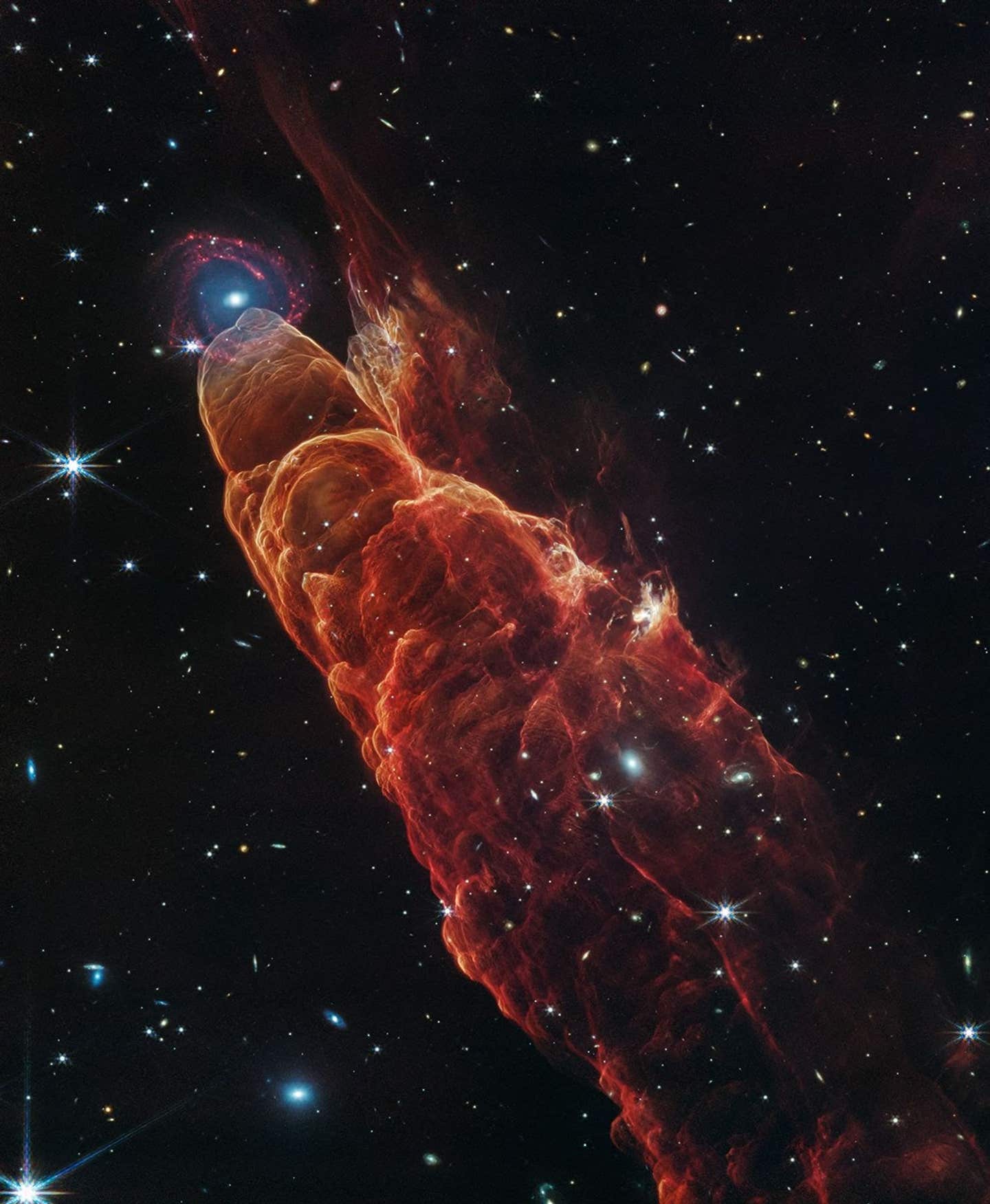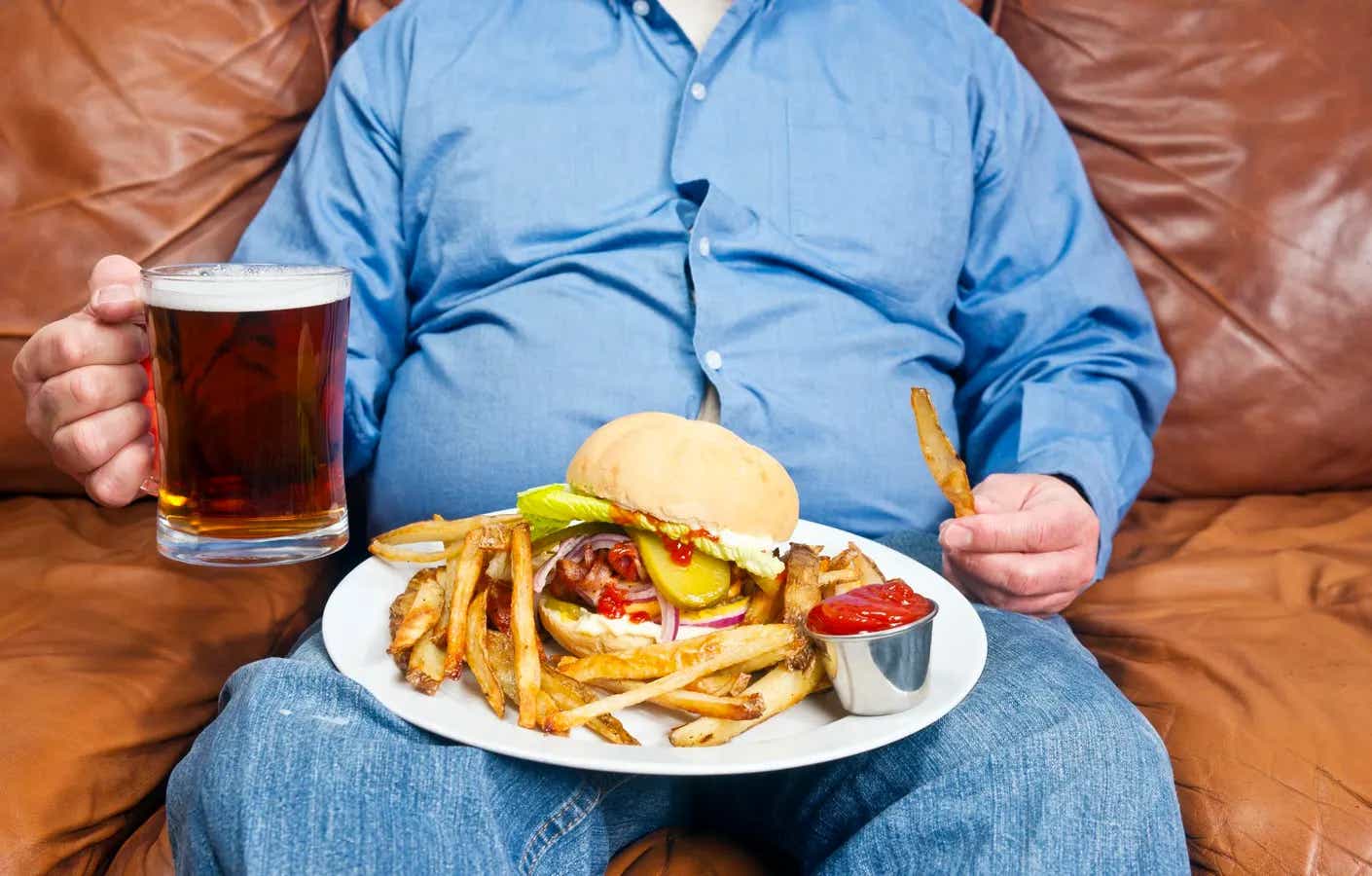Groundbreaking drug can prevent heart attacks and strokes
An antioxidant drug reverses atherosclerosis and could be used to prevent heart attacks and strokes due to clots, according to new research

[Feb. 23, 2023: Ahmad, F., Mitchell, University of Reading]
Cysteamine could be used to prevent heart attacks and strokes due to clots. (CREDIT: Creative Commons)
An antioxidant drug reverses atherosclerosis and could be used to prevent heart attacks and strokes due to clots, according to research funded by the British Heart Foundation (BHF) and published in JAHA: Journal of the American Heart Association.
Atherosclerosis is the build-up of fatty deposits in the arteries. When a type of fat called LDL cholesterol becomes oxidised and builds up to form plaques in the artery walls, inflammation and damage increase which can cause the plaques to rupture and cause blood to clot.
These clots can block vital arteries that allow blood to flow to the heart, causing a heart attack, or to the brain causing a stroke.
Previously, researchers at the University of Reading discovered that LDL cholesterol can be oxidised in acidic small ‘bags’ called lysosomes in immune cells within the artery wall.
Now, Professor David Leake and his team have found that the antioxidant drug, cysteamine, has the power to switch off, and even reverse, this damaging process.
Related Stories
Cysteamine works by accumulating in the lysosomes and stops the oxidation of LDL cholesterol. It is already known to be safe in humans where it’s used to treat a rare lysosomal disease called cystinosis.
When the researchers looked at mice with atherosclerosis, those treated with cysteamine had a 32 to 56 per cent reduction in the size of atherosclerotic plaques depending on the part of the aorta – the largest artery in the body – that was examined.
Cysteamine decreased the amount of oxidised fat by 73 per cent and increased the stability of the atherosclerotic areas. It decreased the proportion of inflammatory white blood cells by 55 per cent and increased the area made up of smooth muscle cells by 85 per cent, ultimately reducing the chance of plaques rupturing and causing a blood clot.
Antioxidant drugs that have previously produced promising results in mice have proven disappointing in clinical trials to treat cardiovascular disease, but the researchers hope that with these promising results, cysteamine will prove a successful treatment in humans.
Professor David Leake, BHF-funded researcher who led the study at the University of Reading, said:
“The potential in this drug to protect against heart attacks and strokes and ultimately save lives superseded our expectations. We hoped it would cause plaques to grow at a slower pace, but we were amazed to find it reversed the process.
“Cysteamine would offer an entirely new way of treating atherosclerosis. We now want to look at the most efficient way to give this drug to patients, and hope that it can be taken to clinical trials in the next few years.”
Professor James Leiper, Associate Medical Director at the British Heart Foundation, which funded the research said:
“Heart attacks and strokes threaten the lives of people too often. In the UK, every 5 minutes someone is admitted to hospital with a heart attack, and the same is true of stroke. “The more ways we can find to treat the root cause of cardiovascular disease, the more lives and livelihoods that can be saved.
“If this antioxidant drug can show the same promising effects in humans, then it could offer a lifeline to thousands of people in the future.”
Symptoms of a Hearty Attack
According to the Mayo Clinic, symptoms of a heart attack vary. Some people have mild symptoms. Others have severe symptoms. Some people have no symptoms.
Common heart attack symptoms include:
Chest pain that may feel like pressure, tightness, pain, squeezing or aching
Pain or discomfort that spreads to the shoulder, arm, back, neck, jaw, teeth or sometimes the upper belly
Cold sweat
Fatigue
Heartburn or indigestion
Lightheadedness or sudden dizziness
Nausea
Shortness of breath
Women may have atypical symptoms such as brief or sharp pain felt in the neck, arm or back. Sometimes, the first symptom sign of a heart attack is sudden cardiac arrest.
Some heart attacks strike suddenly. But many people have warning signs and symptoms hours, days or weeks in advance. Chest pain or pressure (angina) that keeps happening and doesn't go away with rest may be an early warning sign. Angina is caused by a temporary decrease in blood flow to the heart.
For more science and technology stories check out our New Discoveries section at The Brighter Side of News.
Note: Materials provided above by University of Reading. Content may be edited for style and length.
Like these kind of feel good stories? Get the Brighter Side of News' newsletter.
Joseph Shavit
Head Science News Writer | Communicating Innovation & Discovery
Based in Los Angeles, Joseph Shavit is an accomplished science journalist, head science news writer and co-founder at The Brighter Side of News, where he translates cutting-edge discoveries into compelling stories for a broad audience. With a strong background spanning science, business, product management, media leadership, and entrepreneurship, Joseph brings a unique perspective to science communication. His expertise allows him to uncover the intersection of technological advancements and market potential, shedding light on how groundbreaking research evolves into transformative products and industries.



